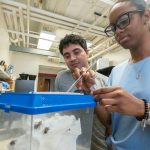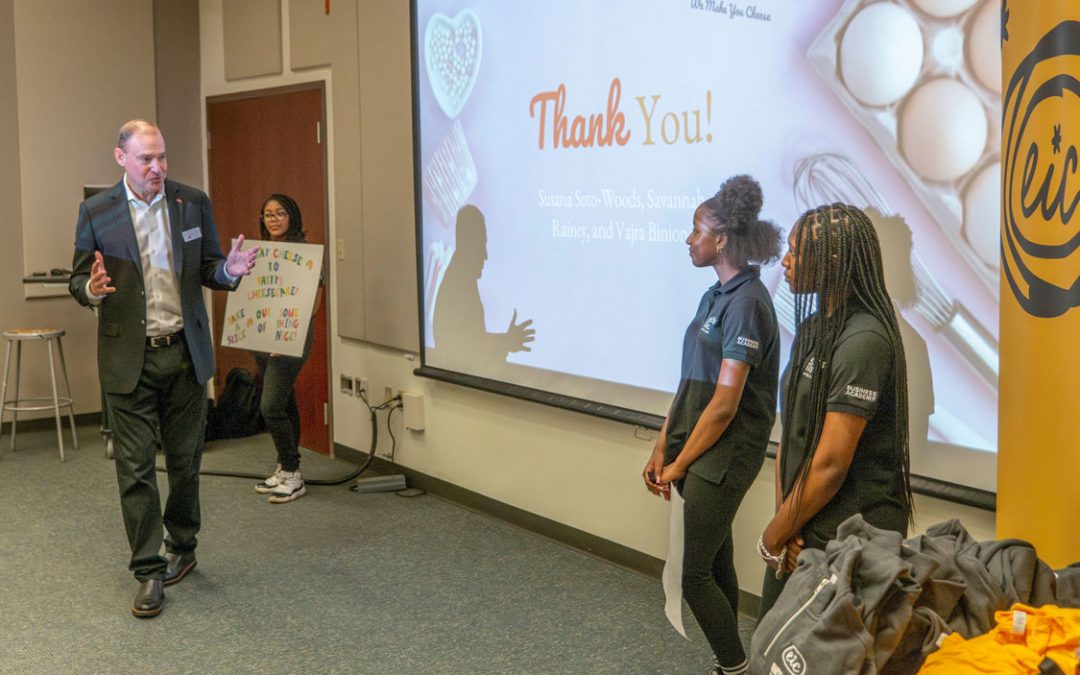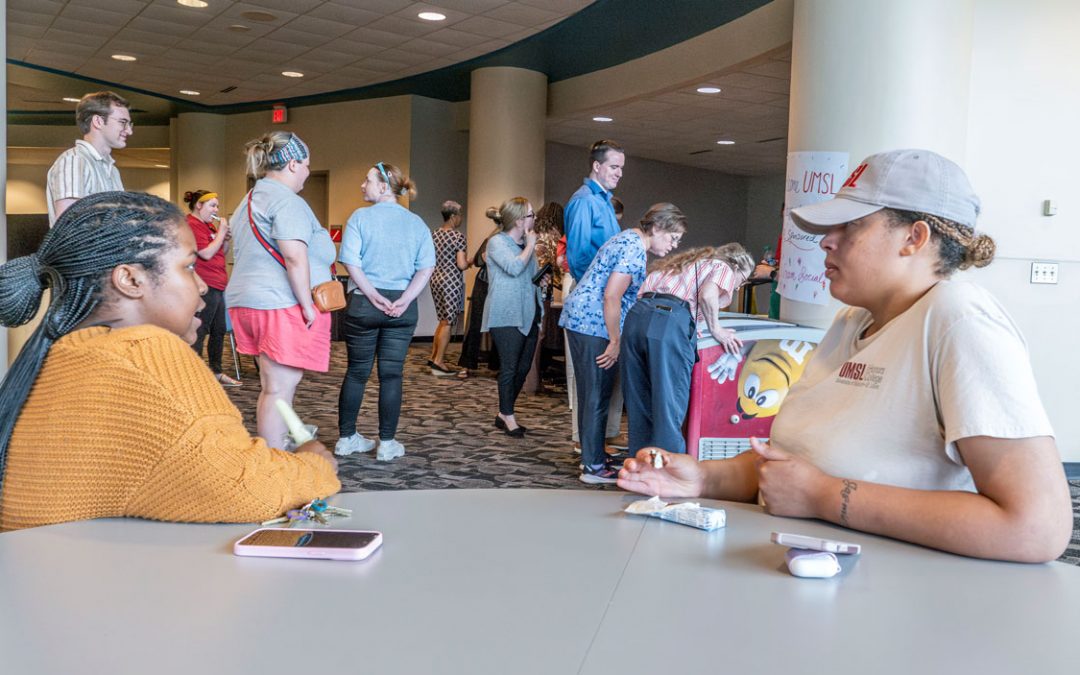
Robert Ricklefs, a Curators’ Professor of Biology, used DNA sequencing to identify the presence of parasites in avian blood samples. He used his findings to show a correlation between the longer incubation times of some tropical birds and lower parasite loads. (Photo by August Jennewein)
Robert Ricklefs first began researching the longer egg incubation times of some tropical birds in the early 1990s.
Ricklefs, a Curators’ Professor of Biology at the University of Missouri–St. Louis, was testing a hypothesis that this longer development period led to a stronger, more efficient immune system compared to their temperate cousins with shorter incubation times.
At the time he relied on data gathered through microscopic examination of avian blood samples for the presence of malaria-causing parasites. He did find a correlation between a species’ incubation period and the prevalence of parasites with longer incubation times lining up with lower parasite loads.
But Ricklefs worried that the technology available prevented him from accurately estimating parasite prevalence.
Science Daily, a leading source for research news, last month published a story about a new study from Ricklefs and research colleagues Vincenzo A. Ellis, Matthew C. Medeiros and Maria Svensson-Coelho. The study, published in The Auk: Ornithological Advances, made use of advances in DNA sequencing while taking a second look at that old hypothesis.
Ricklefs and his colleagues took blood samples from birds in the eastern United States and from several neotropical countries and checked for the presence of parasite DNA, finding that about 22 percent of individual birds in both regions had parasite DNA in their blood. Incubation times varied little among the temperate species, but that was not the case among the tropical species, and those that had longer incubation times showed a significantly lower prevalence of parasites.
“While there is still no direct evidence for the hypothesis that a longer incubation time promotes a stronger immune system,” Science Daily wrote, “this correlation provides a strong hint this could be the solution to the mystery of why the embryos of some tropical birds take so long to develop.”
“I wasn’t surprised that the new results confirm the old ones so well, really, because the two techniques measure the same attribute,” Ricklefs told Science Daily. “However, more detailed studies of the avian immune response and how variation in host defense is related to development certainly are warranted.”
Find the full story from Science Daily here.














